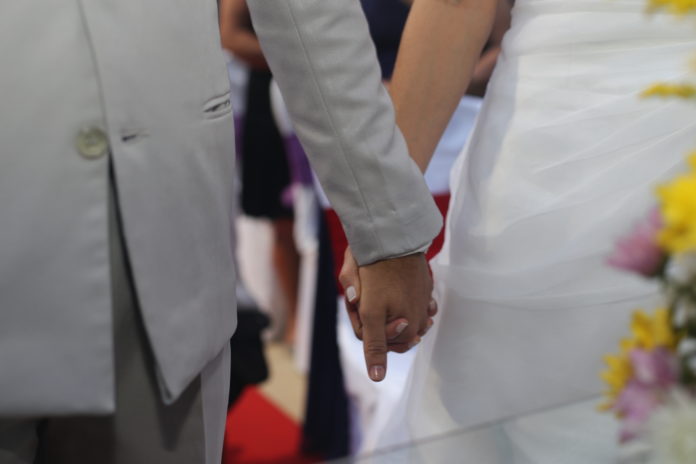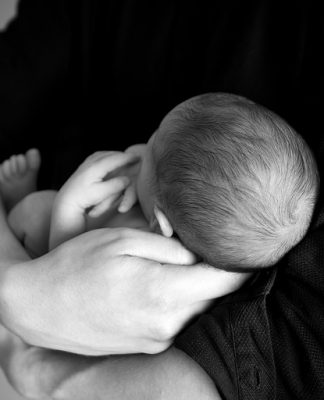“My husband doesn’t complete me.”
Words once spoken through my own gritting teeth, I now say to my own husband. And he gets it.
I cannot let him hold that responsibility. Through lots of time, education, and my own “work”, I have come to realize that I must be a complete self in order to be with him in a healthy, relational way. But this was not always the way I looked at our relationship, or any relationship for that matter…
I used to think that finding that special someone who would fill in all of my gaps and shortcomings would be the most incredible experience of my life. I fantasized about the fireworks, the spike I would feel in my self-esteem, and how much I would brag to the rest of the world about how I finally found the person who saved me from myself (hah!). I would finally be complete. Oh, how far from reality I was at the time!
What I came to realize about myself is now the foundation from which I help other couples and individuals in therapy today.
The expectation and hope we have for another person to complete us is just a myth.
It is a temporary fix for our deeper relational issues.
Many people do not realize that couples, much like infants, go through stages of development where they learn- or don’t learn- what healthy attachment is. In relationships, the transitions between these stages of growth may leave one or both partners feeling like something is wrong, when really, change is simply occurring.
Dr. Ellyn Bader and Dr. Peter Pearson of The Couples Institute have spent the past few decades helping couples understand these transitional stages. They inform us that the beginning of a relationship consists of bonding with one another; experiencing the closeness and intimacy of knowing another person inside and out. You’re head over heels for one another and feel inseparable. In fact, you are most likely intentionally trying to BE inseparable because it feels so nice; so right.
This transitions into a new phase: A couple’s exploration of their separateness in the relationship, or their ability to differentiate and remain an individual separate from their partner. (It is so important to remember that separateness does not mean disconnection.)
This is often a tricky phase, because people tend to become enmeshed with their partners, leaving little opportunity for independence or self-driven thoughts and goals. It is so very normal for couples who enter therapy to be stuck at an impasse at this point of their relationship development.
If this sounds like you, don’t give up yet. There is still so much hope.
In fact, you are supposed to be experiencing growing pains. As Harville Hendrix, PhD. says, “conflict is growth trying to happen”.
If couples make it beyond this point without experiencing too many growing pains (often masked in the face of conflict), the couple can settle into a healthier balance between the two diverging forces of separateness and togetherness. Being connected while being independent. Being interdependent.
If I haven’t lost you by this point, you are probably beginning to understand that being in a relationship…a REAL, long term relationship, is so much more than what the external world tries to make it. Simple should not be the goal. Easy should not be in relationship vocabulary. It really is not about “you completing me”.
But work, growth, resilience, strength, perseverance, trust, and intentionality…THESE are the true ingredients of a healthy relationship comprised of two healthy and whole individuals.
If you gain one thing from this post, let it be this:
One plus one is greater than half plus half.
Give 100% to yourself and your relationship, and see what magic unfolds.
I’ll be honest…some days I DO tell my husband that he is my other half…that he is the yin to my yang. But we both know what this means to us. We are able to be ourselves while being together, and those intertwining forces create a relationship more beautiful and fulfilling than our wildest dreams.


 Liz Higgins is a Licensed Marriage and Family Therapist Associate in Dallas, TX. She is the author of the digital e-book
Liz Higgins is a Licensed Marriage and Family Therapist Associate in Dallas, TX. She is the author of the digital e-book 




















